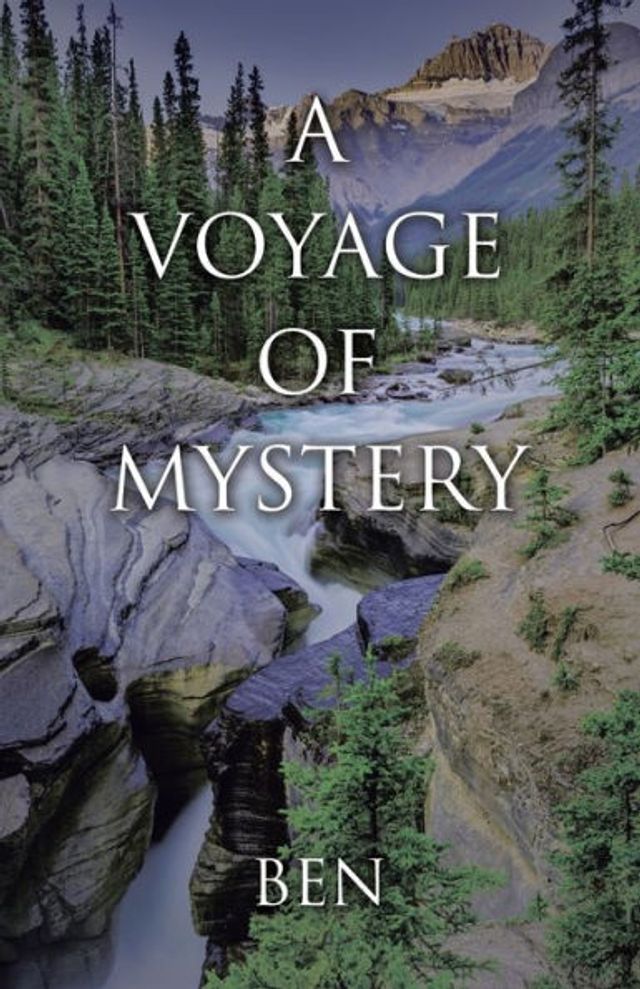Home
The Voyage Out
Barnes and Noble
The Voyage Out
Current price: $13.99


Barnes and Noble
The Voyage Out
Current price: $13.99
Size: OS
Loading Inventory...
*Product information may vary - to confirm product availability, pricing, shipping and return information please contact Barnes and Noble
The Voyage Out is the first novel by Virginia Woolf. Rachel Vinrace embarks for South America on her father's ship and is launched on a course of self-discovery in a kind of modern mythical voyage. The mismatched jumble of passengers provide Woolf with an opportunity to satirise Edwardian life. The novel introduces Clarissa Dalloway, the central character of Woolf's later novel, Mrs Dalloway. Two of the other characters were modelled after important figures in Woolf's life. St John Hirst is a fictional portrayal of Lytton Strachey and Helen Ambrose is to some extent inspired by Woolf's sister, Vanessa Bell. Rachel's journey from a cloistered life in a London suburb to freedom, challenging intellectual discourse and discovery very likely reflects Woolf's own journey from a repressive household to the intellectual stimulation of the Bloomsbury Group. Virginia Woolf (25 January 1882 - 28 March 1941) was an English writer who is considered one of the foremost modernists of the twentieth century, and a pioneer in the use of stream of consciousness as a narrative device. Born in an affluent household in Kensington, London, she attended the King's College London and was acquainted with the early reformers of women's higher education. Having been home-schooled for most part of her childhood, mostly in English classics and Victorian literature, Woolf began writing professionally in 1900. During the interwar period, Woolf was a significant figure in London literary society and a central figure in the influential Bloomsbury Group of intellectuals. She published her first novel entitled The Voyage Out in 1915, through the Hogarth Press, a publishing house that she established with her husband, Leonard Woolf. Her best-known works include the novels Mrs Dalloway (1925), To the Lighthouse (1927) and Orlando (1928), and the book-length essay A Room of One's Own (1929), with its dictum, "A woman must have money and a room of her own if she is to write fiction."


















